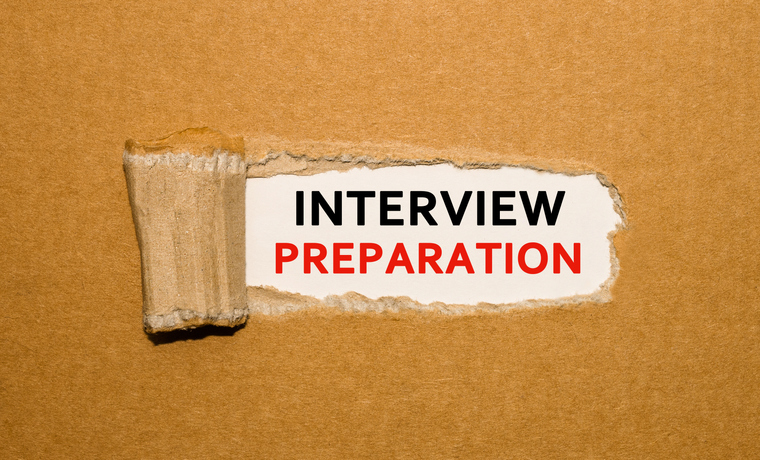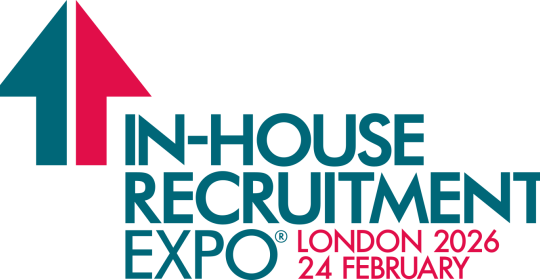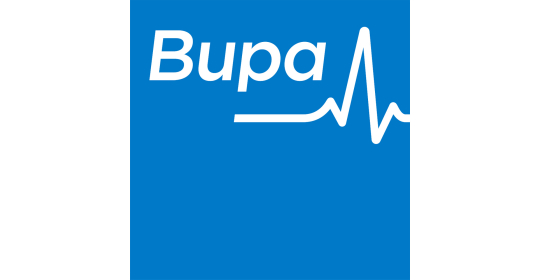Preparing for an interview can be stressful. From deciding what to wear to rehearsing answers to common interview questions, there's a lot of work that goes into making sure everything goes off without a hitch.
Most interview nerves are caused by uncertainty and lack of preparation. The more knowledge you have about the process, the less nervous you'll be when it comes time to speak.
Interviews also get easier with practice, so if you’re just getting started, remember that it won’t always be this hard. Once you’ve been in a few interview situations, you’ll soon see that they’re actually quite predictable, which makes it much easier to prepare.
How do you prepare for an interview?
Preparation is essential for interview performance. What should you do before an interview? There are a few tasks that will serve you well in advance of your interview. Before your interview, you should always:
- Research the company, the interviewer and their role. You should also make sure you know the job description like the back of your hand.
- Prepare answers for common interview questions. You might not know the exact questions they are going to ask, but by preparing a few popular interview questions, you’ll have a good chance of anticipating at least a few of them.
- Practice your answers out loud. Practice in front of a mirror or with a friend. The more you say your answers out loud, the more natural and confident you will appear in an interview setting.
- Prepare a list of questions to ask the interviewer. You should always have questions prepared to ask at the end of an interview. Remember that it’s a two-way conversation, and you should also be trying to figure out if this is the right role for you.
- Plan your route so you arrive on time. A simple yet often overlooked step. Make sure you know where you are going and how you will get there. If you have to rely on public transport, make sure you leave plenty of time for delays. It’s far better to be early and have to sit in a coffee shop while you wait rather than arriving late and flustered.
What makes a good answer?
Every answer should highlight something about your career history that would make you perfect for the role. It should also tie into the job description, so they can see how your skills and experience make you perfect for the job.
The 5 Most Common Interview Questions and how to answer them
Interviewers will typically ask the same questions to every candidate. And while the exact wording might be different, there are typically a few questions that always come up in interviews. Preparing good answers to these questions will help you to stand out. You will come across as confident and able to think on your feet when in reality you simply took the time to prepare.
The five most common interview questions are:
- Tell us about yourself
- Why do you want this job?
- What are your strengths/ weaknesses?
- Where do you see yourself in five years?
- Do you have any questions for us?
Answering these questions successfully is all about anticipating what the interviewer wants to know. Let’s look at each question in more detail.
Tell us about yourself
This question can be overwhelming, so try to think of it as your elevator pitch. Give them a short highlight reel of your career, training and experience. When you have finished speaking, ask if they would like more detail to help you avoid rambling on.
Why do you want this job?
This is your chance to show that you’ve done your research and know all about the company and the opportunity they are offering. Refer back to the job description and highlight all of the things that excite you, and also point out things that you think will challenge you.
What are your strengths/ weaknesses?
Learning to brag about your strengths and be humble about your weaknesses is an essential part of applying for jobs. They want to know that you are self-aware, that you know where your strengths lie, and that you are willing to take steps to improve yourself when you come up short.
Where do you see yourself in five years?
This question is all about your ambition and how you want to shape your career. You don’t have to say that you hope you’re still working for their company, you can simply state the type of role you’d like to be in and what challenges you would like to be facing every day. If you aren’t sure, simply say that you want to explore new challenges and opportunities and you believe this role is the perfect way to achieve this.
Do you have any questions for us?
You should always conclude an interview with some pre-prepared questions. This will show that you see this as a two-way conversation and that you are considering your options. Even if you aren’t interviewing anywhere else, you can create the impression that there is demand for your skills by asking questions about the company. You need to turn the interview on its head and ask them why you should want to work for them.






